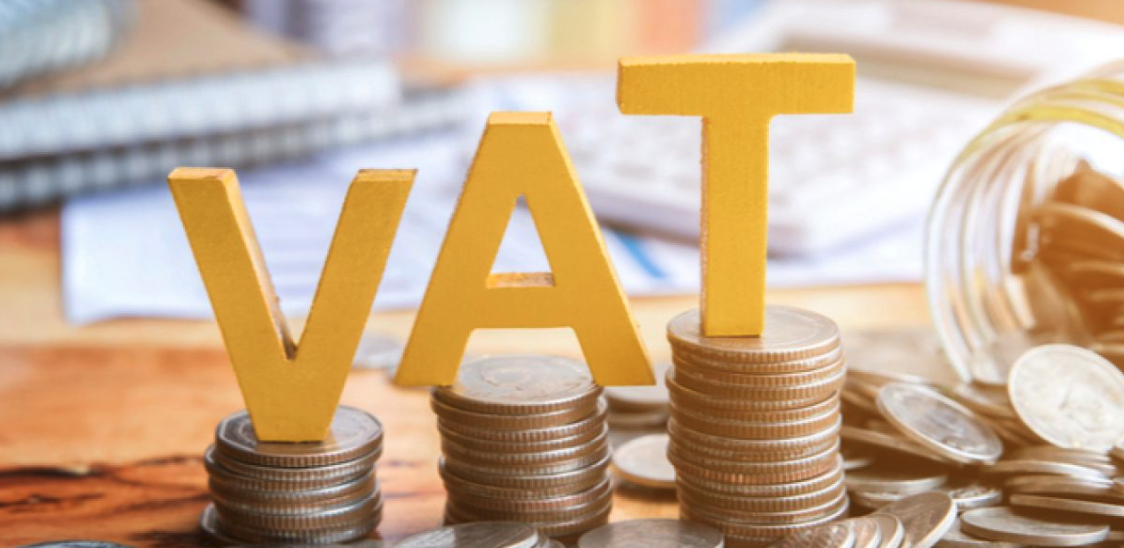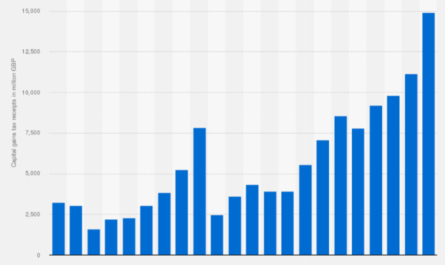Before You Start a Business in Ireland, You’ll Need to Know About VAT.
Here are four things you need to know about VAT (Value Added Tax) before beginning your business in Ireland to help people who are considering doing so.
There has been a dramatic increase in the number of business start-ups in recent years, and the trend is expected to continue as life returns to normal. A new generation of business owners is trying to figure out what VAT is, how it works, and how they register for VAT.
VAT (Value Added Tax) is a tax in the Republic of Ireland
If you buy something, you’ll have to pay a tax called VAT (Value Added Tax). Applied to the price paid by the end-user/customer for goods and services. Sales tax is included in Ireland’s prices.
Manufacturers, wholesalers, and retailers all play a role in collecting VAT. To put it another way, this implies that they compute and collect the proper amount of VAT from their consumers and include that amount in their VAT return to Revenue.
Taxpayers can make proper reclaims while remitting VAT to Revenue. Taxes are imposed on them by their vendors.
For Whom Is A VAT Registration Necessary In Ireland?
Whether or not you should register for VAT as a person or corporation depends on your activities and the value of your sales.
You must first determine whether or not your goods or service is subject to VAT.
VAT is charged on a wide range of goods and services. Medical, instructional, financial, and non-profit services are all exempt from this rule. An item or service that is exempt from VAT registration cannot be sold.
Secondly, you must determine if you fall between the €37,500 and €75,000 thresholds for seeking services and selling items, respectively.
You don’t need to register if you don’t expect to go over such limitations in a year.
The third option is to register if your product or service sales fall below the levels above and you want to claim significant VAT on purchases, or if you deal with other EU member states e.g. Germany; France; Belgium; or Italy.
What Are The Various VAT Rates In Ireland That Affect A Business?
The highest VAT rate in Ireland is 23 percent, which is among the highest in Europe. Almost all products and services, including consumer electronics and professional services, fall under this category.
The following interest rate is 13.5 per cent. a year. This applies to the vast majority of so-called “personal” services as well. Repairing cars, cleaning, building, and supplying energy to a home are just a few examples.
The second lower rate of 9% for the hospitality industry, which includes things like meals and lodging, is below that. There are no alcoholic beverages included in this package. Non-alcoholic beverages, on the other hand, are included.
In addition, most unprepared foods, books, and other non-luxury items are exempt from VAT.
As a new business owner, it can be difficult to understand how VAT exempt and zero-rated are different.
The overall effect on sales is the same. Customers of zero-rated enterprises are eligible for a refund of VAT on purchases.
All of Your Operations Must Be Legal.
If you choose to use VAT, you should bear in mind that you will need to keep meticulous records, invoices, and receipts in order to figure out how much VAT you owe Revenue or they owe you. Regardless of whether or not a business is registered for VAT, records must be preserved for a minimum of six years.
Depending on the arrangement signed with Revenue, returns can be filed every two months, every four months, every three months, or every year. Bi-monthly returns are the norm for most businesses.
You may face penalties if you fail to pay the correct VAT amount or fail to meet particular duties under VAT legislation.
Avoid Getting Snagged
Existing firms and start-ups often have similar concerns about VAT. Even after years of operation, some firms are still unsure about what they should be doing. We’ll answer some of the most frequently asked questions about VAT in the next section.
What Is VAT?
EU institutions do not collect the tax, but each EU member state is required to implement a VAT that complies with the EU VAT rules in order to be a part of this union. VAT does not apply to sales beyond the European Union, such as to the United States.
Are sales made within the European Union but outside of Ireland exempt?
Taxes paid by two EU-registered enterprises are exempt from VAT in the EU, however distinct laws govern the application of this exemption.
Is it possible to distinguish between businesses that pay VAT and those that do not?
For VAT purposes, yes, they can divide or prorate the two activities.
Is VAT Reimbursement Available for Non-Business Use?
Only purchases made for business reasons are eligible for VAT reimbursement.
The question is whether or not you can claim the VAT you pay on your meals, lodging, and entertainment expenses.
VAT cannot be claimed on purchases of hospitality (meals and lodging), entertainment, and gasoline for automobiles.
Related: Tips for small businesses
It can be difficult and time-consuming for firms to deal with VAT issues. As a result, many businesses prefer to outsource their accounting needs to a professional firm. For enterprises in Ireland, this page provides a general overview of VAT. In order to better understand your situation, please feel free to contact us at any time.



